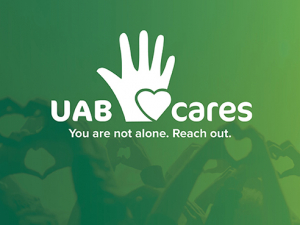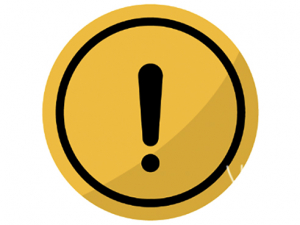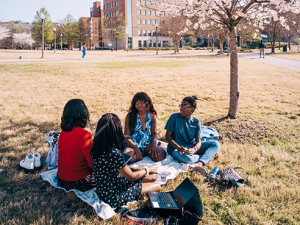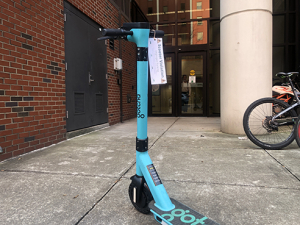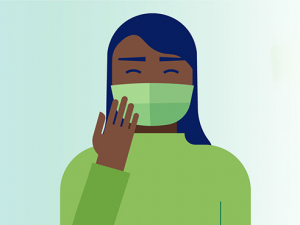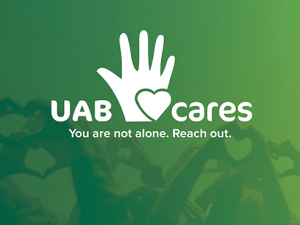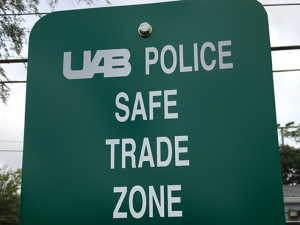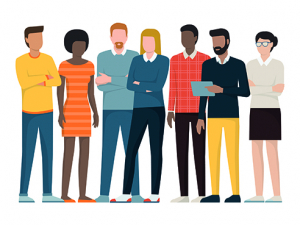Winter can be a discouraging time — with its short days, long nights and freezing temperatures, it’s easy to choose staying home over braving cold temperature or let exercise routines lapse in favor of curling up under a blanket.
But for some, feeling more down during the winter months can be attributed to something more serious. Major depressive disorder with a seasonal pattern, more commonly known as seasonal affective disorder (SAD), affects as many as 10 million Americans, according to Psychology Today, and can manifest itself through feelings of hopelessness or sadness, hypersomnia, changes in appetites, weight gain, drops in energy levels, irritability, avoidance of social situations and even thoughts of suicide.
UAB offers employees, students and the Birmingham community many resources for coping with SAD and other mental health issues, from distance-counseling services to group art-therapy classes, plus ways to report concerning behavior in others.

Take advantage of the EACC
The EACC also offers monthly programs and events such as yoga and pilates, plus art therapy sessions in their new Self-Care Studio. They also host workshops on everything from self-esteem to dealing with the stresses of finding a home or apartment.
Curious about how you’re feeling and wonder if the EACC can help you? Try their recommended online screenings on everything from depression, anxiety, eating disorders and more.

Recommend friends and neighbors to the Community Counseling Clinic
Well-trained graduate students, supervised by experienced faculty members, conduct all counseling sessions. Clients are accepted through referrals from hospitals and other providers, social service directories such as 2-1-1 Connects Alabama, and self-referrals. Fees are determined by income and family size and range from $5 per individual session to no more than $30 per session.

Encourage students to seek help
SCS provides individual and group mental health services, prevention and outreach programming, crisis and emergency support and consultation services. Those include eating disorder treatment and gender transition services and advocates for safe and inclusive learning environments in the university community. See a full list of services online.

Call BTAM if you see something wrong
Keep an eye out for these concerning behaviors:
- Radical changes in a person’s behavior, academic or workplace performance, appearance or conduct
- Aggressive or irrational behavior through words and/or actions
- Severe depression, unhappiness or irregular emotional behavior
- Inability to control anger or confrontational or disturbing words or actions
- Unusual overreaction to normal circumstances
- Stalking in any form
For non-imminent threats, reports can be made to BTAM anonymously by completing an online form or contacting a BTAM member. Read more about BTAM online.


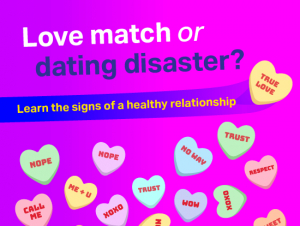

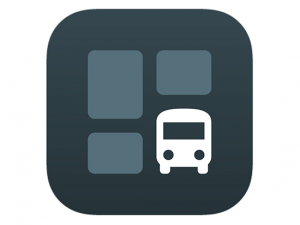
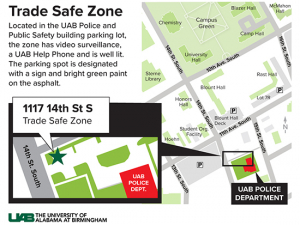


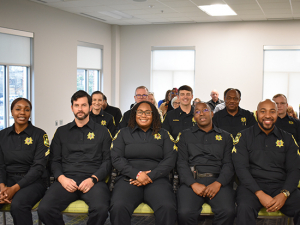

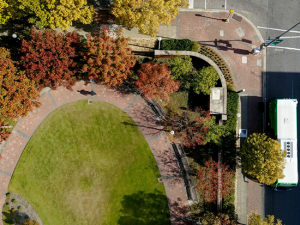


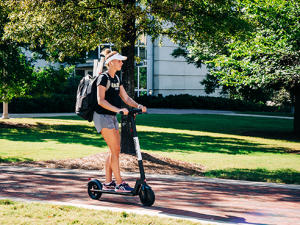


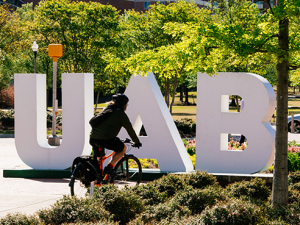
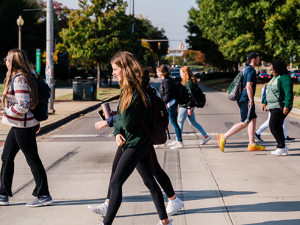

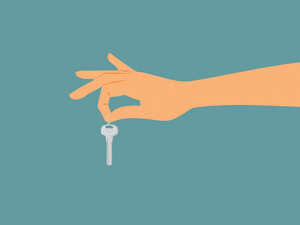



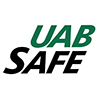 UAB is committed to fostering a safe and inclusive environment for all Blazers. From mobile apps to bus escort services to B-Alerts and more, make sure you’re up to date on all the ways to stay safer on campus.
UAB is committed to fostering a safe and inclusive environment for all Blazers. From mobile apps to bus escort services to B-Alerts and more, make sure you’re up to date on all the ways to stay safer on campus.